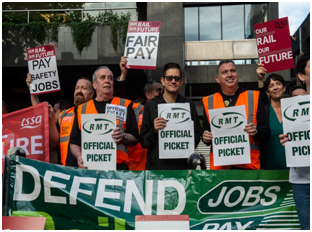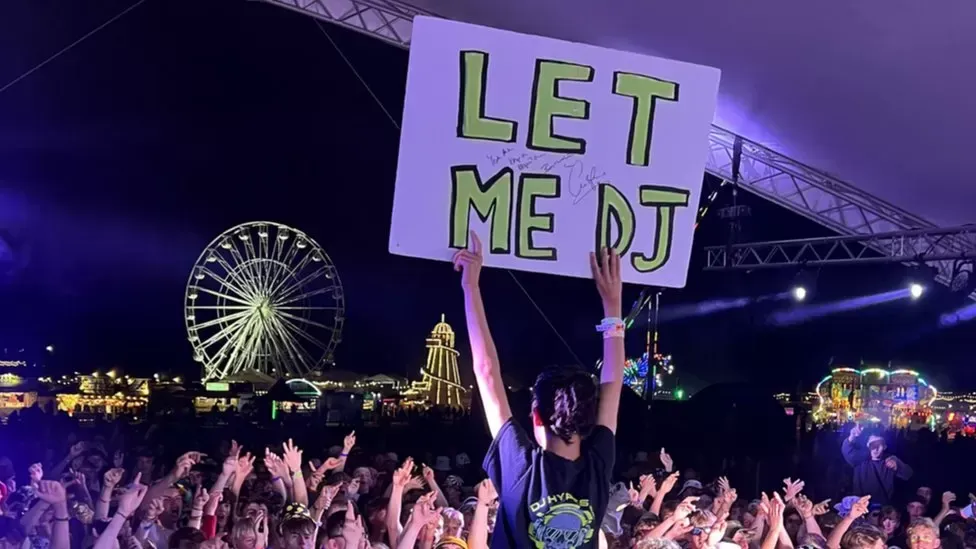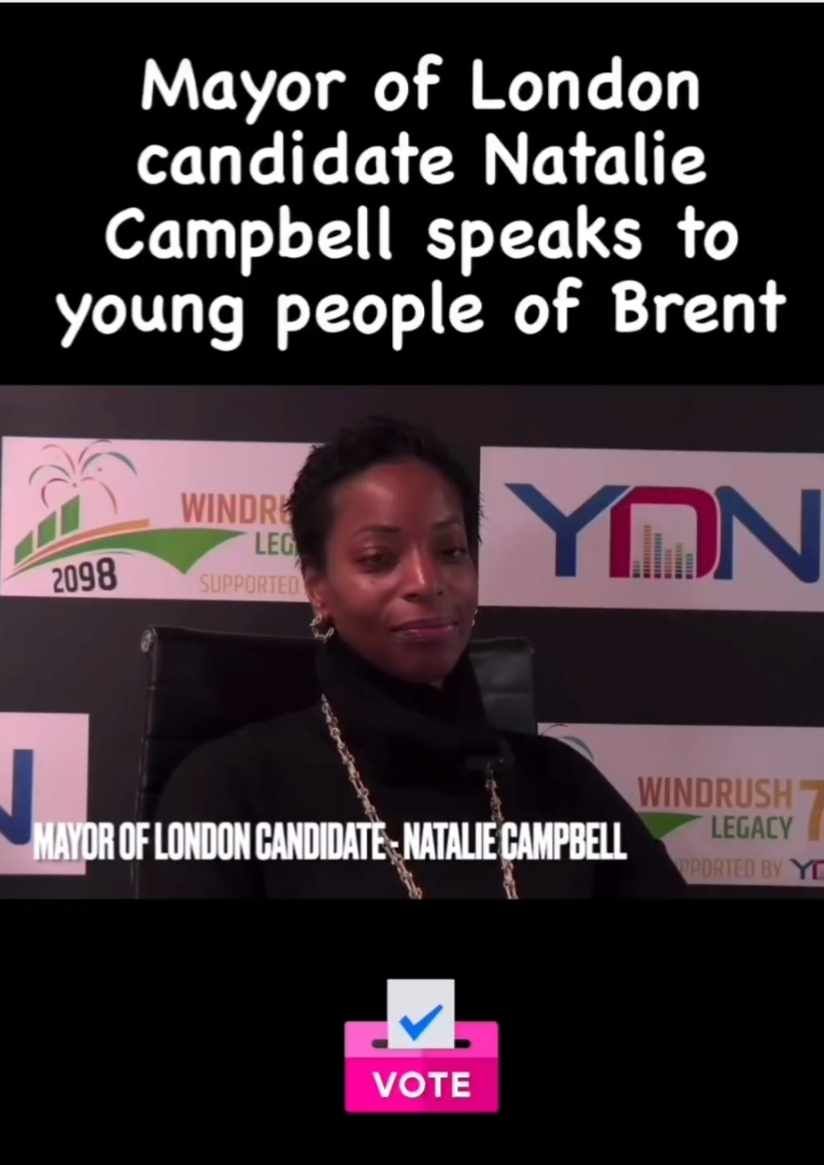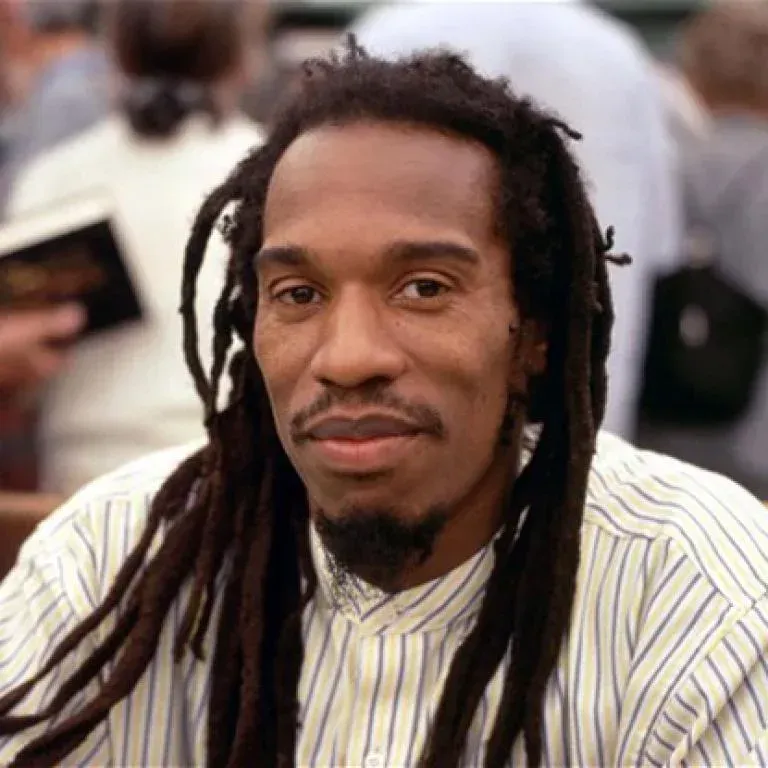Britain’s Economic Woes
Britain’s Economic Woes
Britain like much of the Western world is in the midst of an economic and political crisis. We have had 3 Prime Ministers in the last 2 months, one of which has the shortest premiership of any previous PM, and we are facing a recession and fuel shortages in the winter. Much of the media blames these crises on the sanctions that Europe and North America have placed on Russia in response to their invasion of Ukraine and Putin’s decision to cut off oil and gas supplies to Europe as a result. This has caused a fuel shortage throughout the continent and contributed to a steep rise in fuel costs which spurred inflation. However, this was not the sole cause of our economic troubles.
During Covid governments around the world chose to spend hundreds billions supplementing the income of the working class as they were unable to actually work. This money inevitably went to the richest people in our societies as while regular people stopped working and largely stopped spending, they still had to pay their rents and their mortgages. As a result, all of the money the government put into the hands of ordinary people ended up in the hands of the rich who own the houses that people rent and the banks that they pay their mortgages to. Once all of those rich people got their hands on that money they did what rich people tend to do with money and bought more property, more assets, more items that they expect will only increase in value. This caused the stark rise in house prices and mortgage rates that we see now and initiated the inflation crisis that is being experienced the world over. The average rich person increased their wealth by 22% in the first year of Covid and the average billionaire increased their wealth by £620million. £600 billion went from the government to the rich in the UK over the 2 years that the pandemic had a tight grip on the world. Inequality has grown at an alarming rate which has fuelled this economic crisis and is the cause of the incoming recession.
This economic situation is the result of choices made by the British government. The choice to sanction Russia along with the rest of Western Europe was short-sighted as Russia is able to sell gas to the entire world whereas Europe has no real alternative to Russia fuel as we can see. Additionally if instead of prolonging the war we chose to negotiate an end to the conflict with Russia we wouldn’t have to continue these sanctions and could resume buying Russian gas. Furthermore, our government has refused to tax the increasing profits of companies that have benefitted from these price hikes. Instead the government under Truss proposed tax cuts to the rich as if that had a chance of growing the economy. This inevitably failed as the market did not accept tax cuts as they knew that the money the government wanted to borrow would not be paid back. Tories then chose a leader who will commit to government spending cuts instead, cuts to the vital and already underfunded social services that much of the country lives off, cuts that will only affect the working class.
Additionally, in the face of rising inflation many companies have sought to maximise their profits by arbitrarily raising their prices. Regardless of whether or not they were being impacted by the rising costs of fuel and even if they were the price increase does not reflect the new cost of business. This has seen prices rise across the board meanwhile wages have stagnated with CEOs refusing to increase their workers pay in line with inflation in many key areas of the economy. We’ve seen thousands of public and private workers strike over the summer across the nation and will likely see many more. The refusal to raise wages in line with inflation has also seen the rich get even richer as they make more in profit by raising the prices of their goods and not lowering the cost of business i.e. wages, as inflation means that those workers who don’t secure a pay rise are in fact seeing a pay cut. Companies such as Shell and BT have seen record profits this year by implementing these practices.

The change that we need is impossible in the current political climate. Corporations have too strong a hold on power and as such any political alternative that would see them lose out on profit is stopped from coming to fruition. Even now in the face of rising inflation and low growth the only option portrayed in the media is more spending cuts as taxing the money making assets of the rich is not seen as an option. These cuts will dismantle the basic services that allow the country to function, police, schools, hospitals etc won’t be able to operate fully. There will be job losses for those who work in public services as more people are forced to compete for the same jobs. This will make wages fall as desperate workers agree to lower salaries that will make them less able to deal with the rising costs brought about by inflation. This means less money in the pockets of ordinary people and less growth in our economy which is exactly what happened under austerity last decade. The UK had the longest and deepest recession compared to other countries in the Western world precisely because our government chose to make cuts instead of putting money into the hands of ordinary people.
We need to follow the example of more successful countries that aren’t failing so miserably to improve the lives of their citizens. Many Scandinavian countries have bettered their quality of life by investing profits from publicly owned companies that harvest natural resources into the state apparatus, for example Norway with the state run company Equinor. In the Far East we see China having massively improved the quality of life of its people by seizing the profits of the private sector and reinvesting them into their society, doing much to reduce the rural urban divide in wealth even going so far as to end extreme poverty in the country lifting 800 million people out poverty across the nation in 40 years. If the government actually wants to better our economy it needs to set about investing in our society. We should be investing in green energy projects, better healthcare and education systems and housing. We need an investment strategy that puts money into the hands of working people and a tax system that prevents inequality from growing. There are alternatives to the current system and we shouldn’t be held hostage by outdated politics.












